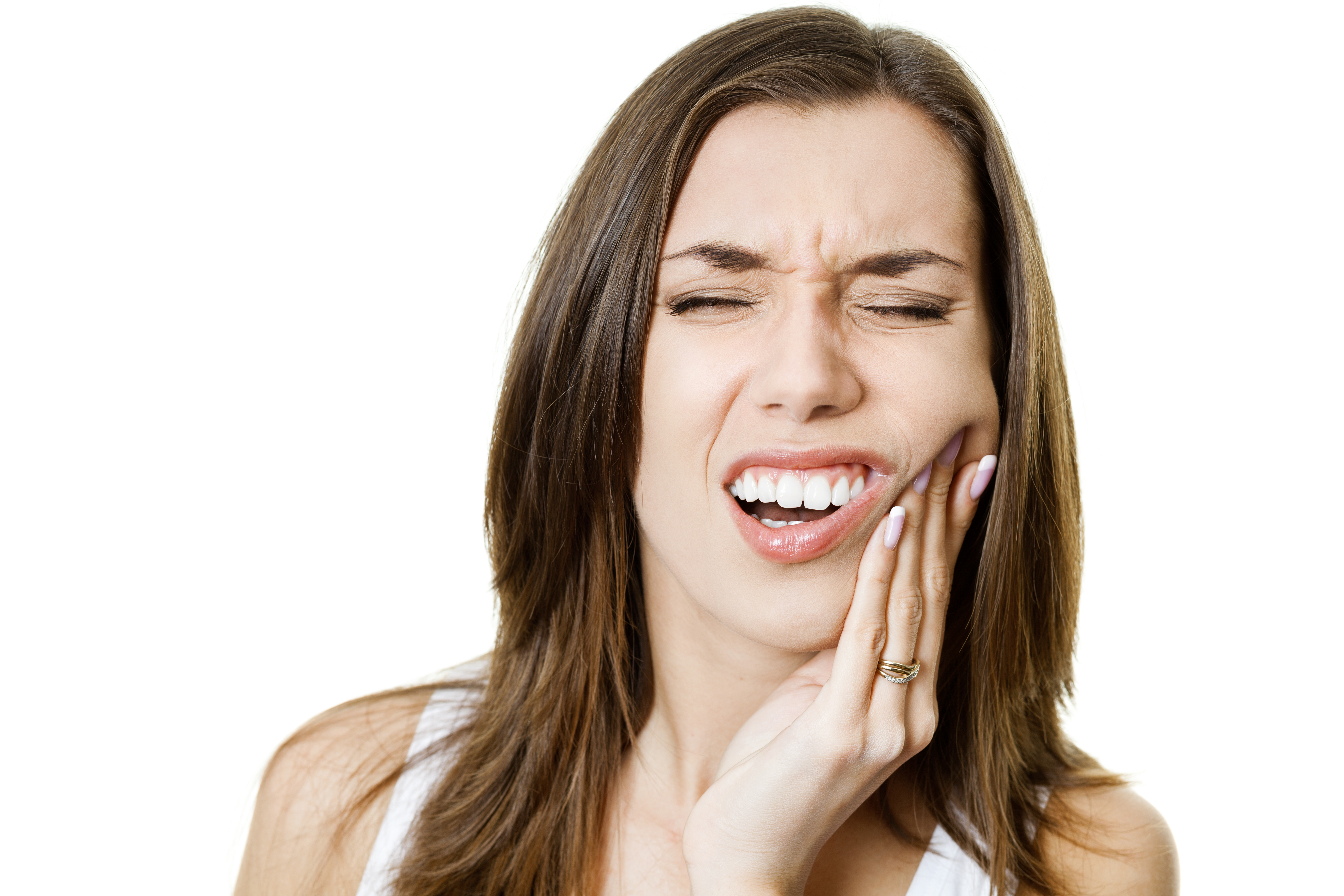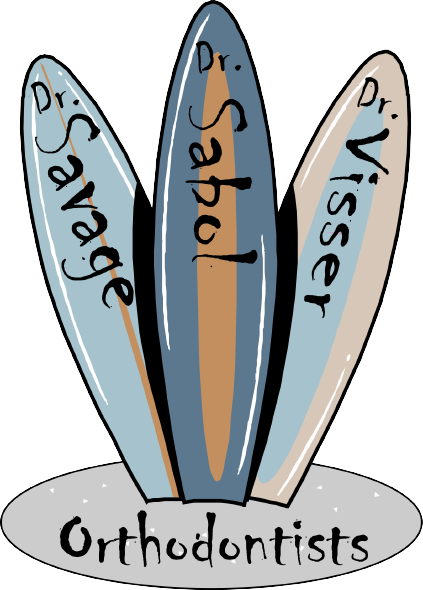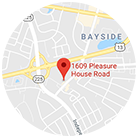 If you’ve ever experienced a canker sore, you know that the simple acts of talking, eating, or smiling can be incredibly painful. Canker sores (also known as aphthous stomatitis in medical parlance) are shallow mouth ulcers that can last up to a week and appear on the tongue, soft palate, or the inside of the cheeks. Not to be confused with a cold sore, which occurs on the surface of your lips, a canker sore is typically white or gray in color with a red border, and manifests after an initial period of tingling and burning. With a severe canker sore, you may feel sluggish or experience swollen lymph nodes and fever.
If you’ve ever experienced a canker sore, you know that the simple acts of talking, eating, or smiling can be incredibly painful. Canker sores (also known as aphthous stomatitis in medical parlance) are shallow mouth ulcers that can last up to a week and appear on the tongue, soft palate, or the inside of the cheeks. Not to be confused with a cold sore, which occurs on the surface of your lips, a canker sore is typically white or gray in color with a red border, and manifests after an initial period of tingling and burning. With a severe canker sore, you may feel sluggish or experience swollen lymph nodes and fever.
While no cure exists for canker sores, you can reduce their severity and the frequency with which you get them by heeding the following three tips.
Avoiding Canker Sore Triggers
Canker sores have many causes. Tissue injury, which can be caused by things such as a sharp tooth surface, poorly-fitting dentures, or orthodontic braces, can trigger a sore to develop. Self-induced trauma, such as biting the cheeks and lips, can provoke these sores. Emotional stress and hormonal shifts, such as those during menstruation or pregnancy, can also potentially trigger a sore.
While some of these triggers may be unavoidable, sometimes the trigger is a particular fruit or vegetable, which may be avoidable if it can be identified. Often citrus or other acidic fruits, such as pineapples, tomatoes and strawberries, are the culprits. Think back to the particular food you were eating when you started to experience symptoms. If the offending food has fallen off your radar and canker sores are a frequent occurrence for you, consider keeping a food diary to allow you to begin drawing connections between food triggers and your canker sores, so that you can avoid these foods in the future.
Supplements, Rinses and Creams
Some cases of canker sores may be due to an underlying health disorder, such as a deficiency in vitamin B12, zinc, iron or folic acid. While these deficiencies can be corrected with simple vitamin and mineral supplements, other underlying triggers are not so easy to fix. Chemotherapy recipients or people undergoing immunosuppressive treatment are also susceptible to canker sores, as their weakened immune system puts them at risk for infection. People who suffer from chronic gastrointestinal disease, such as celiac or Crohn’s disease, also report having more frequent canker sores than average. In these circumstances, a dentist can prescribe an antimicrobial mouth rinse or corticosteroid cream to decrease the pain. Application of topical tetracycline several times daily typically shortens healing time. Alternately, a topical anesthetic such as benzocaine or lidocaine offers pain relief and allows you to eat again with minimal pain.
Home Remedies
You can make a cheap and effective mouth rinse at home by dissolving 1 teaspoon of baking soda in ½ cup of warm water. Alternately, rinse your mouth with a small amount of milk of magnesia several times a day to speed recovery. To ease the pain before eating a meal, try applying ice chips to your canker sores. Lastly, go easy on the vigorous brushing. Hard bristled toothbrushes can provoke tissue injury in the mouth, so try using a soft brush and foaming-agent-free toothpaste, which is less caustic to sensitive mouth tissue.











